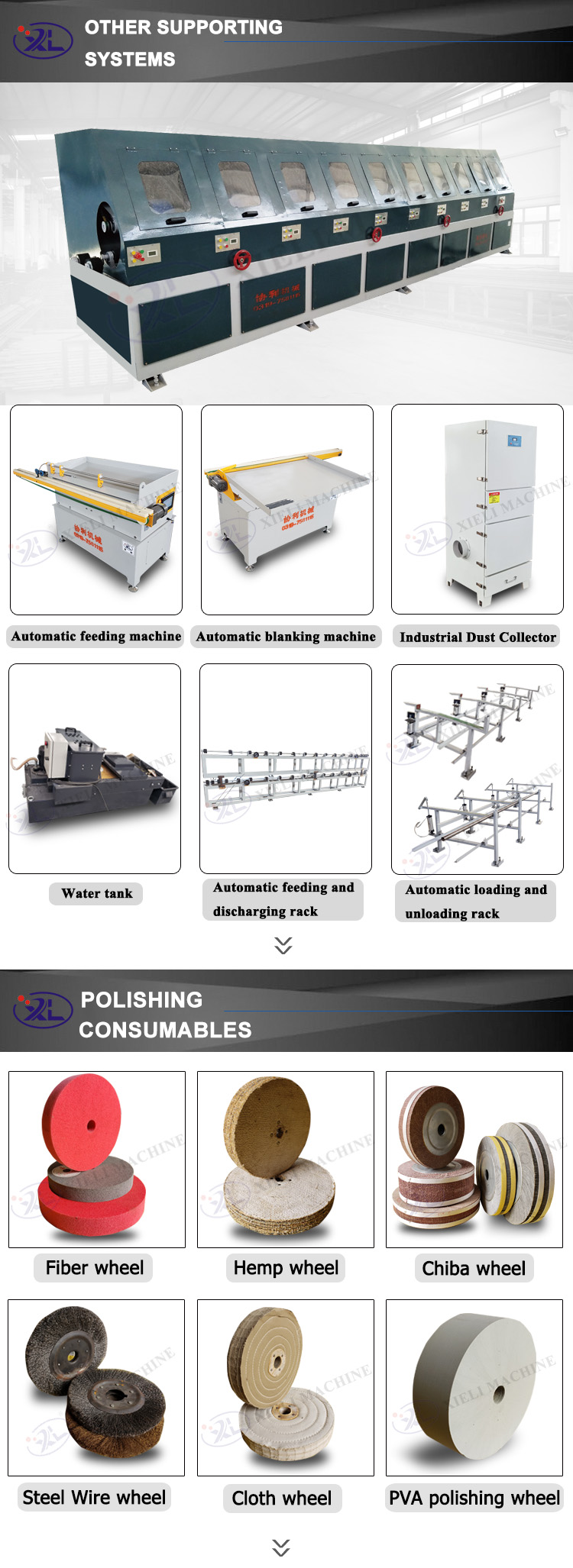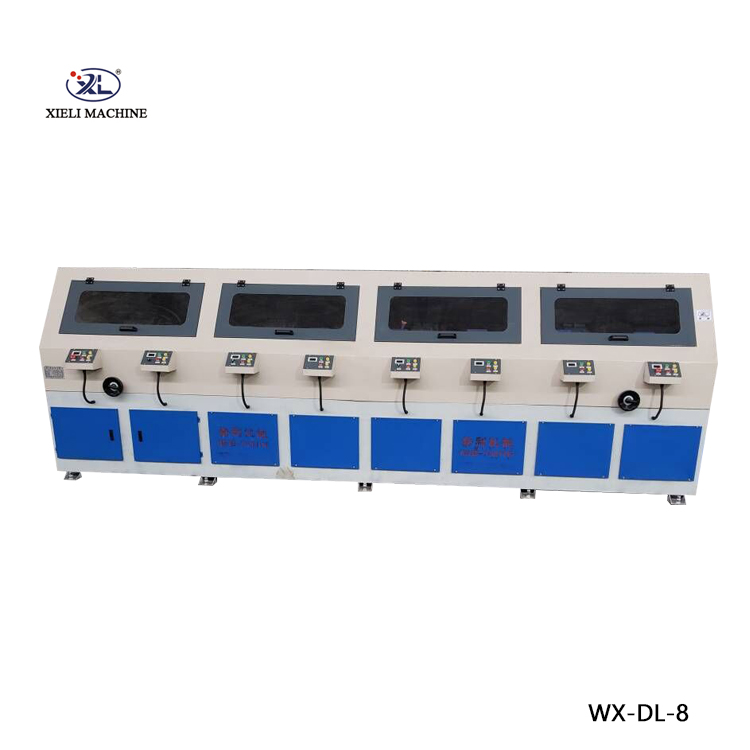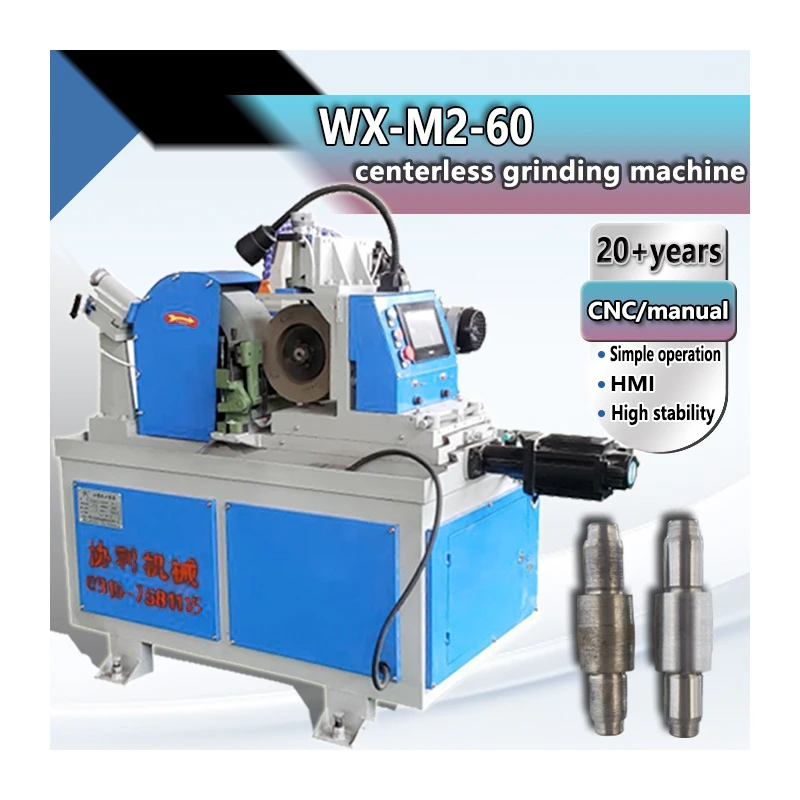The Importance of Pipe Polishing Machines in Modern Manufacturing
In the realm of manufacturing, the finishing touches often determine the quality and appeal of a final product. Among the myriad operations involved in metalworking, pipe polishing is a crucial step that ensures durability, aesthetic quality, and the prevention of corrosion. As industries evolve, the need for efficient and effective equipment has led to the development of advanced pipe polishing machines, which play a vital role in modern manufacturing practices.
Understanding Pipe Polishing
Pipe polishing is the process of removing surface imperfections and achieving a high-luster finish on pipes and tubes made from various metals, including stainless steel, aluminum, and brass. This process not only enhances the visual appeal of the product but also improves its resistance against environmental factors, thereby extending its lifespan. Pipes are used in countless applications, from plumbing to aerospace, making the quality of their finish paramount.
The Role of Pipe Polishing Machines
Pipe polishing machines are specialized equipment designed to automate the polishing process, increasing efficiency and consistency. These machines come equipped with various features that allow for different polishing techniques, such as abrasive polishing, mechanical polishing, and electro-polishing. Each method has its own advantages and suitability depending on the material and desired finish.
1. Abrasive Polishing This traditional method involves the use of abrasive belts or discs to grind down the surface of the pipe, removing any defects and creating a smooth finish. Abrasive polishing machines can be adjustable to accommodate pipes of various diameters and lengths.
2. Mechanical Polishing This technique often employs brushes or wheels, allowing for more gentle polishing without significantly removing material. This is ideal for achieving a mirror finish, particularly on softer metals.
3. Electro-Polishing A more advanced process, electro-polishing involves placing the pipe in an electrolytic solution and applying a direct current. This technique not only polishes the surface but also removes contaminants at a microscopic level, making it particularly popular in industries such as food processing and pharmaceuticals where hygiene is critical.
Advantages of Using Pipe Polishing Machines
pipe polishing machine

The integration of pipe polishing machines in factories and workshops offers numerous benefits
- Increased Productivity Automated polishing machines drastically reduce the time required for polishing compared to manual methods. This efficiency allows manufacturers to meet high-demand production schedules without compromising quality.
- Consistent Quality Machines provide uniformity in polishing, ensuring that every pipe meets the same high standards regardless of the operator's skill level. Consistency is crucial, especially when the product is intended for high-stakes applications.
- Cost-Effectiveness While the initial investment in pipe polishing machines can be substantial, the long-term savings in labor costs and material wastage make them financially viable. Enhanced product quality also leads to fewer returns and higher customer satisfaction.
- Safety Automated machines reduce the risk of operator injury associated with manual polishing methods, which often involve hazardous tools and chemicals.
Technologies in Pipe Polishing Machines
Recent technological advancements have greatly improved the functionality and efficiency of pipe polishing machines. Features such as programmable control systems, touch screen interfaces, and integrated dust extraction systems are becoming standard. Advanced models incorporate robotic arms for handling pipes, further reducing labor costs and enhancing safety.
Moreover, the trend towards Industry 4.0 has led to the development of smart polishing machines that can connect to the Internet of Things (IoT). This connectivity enables remote monitoring, predictive maintenance, and even integration with other manufacturing processes, ensuring a seamless flow of operations.
Conclusion
Pipe polishing machines are essential tools in the modern manufacturing landscape. They not only ensure that pipes meet required standards of quality and safety but also enhance overall operational efficiency. As industries continue to evolve, embracing technological advancements in pipe polishing will be crucial to remaining competitive. Investing in high-quality polishing machines can yield significant returns, making them an indispensable asset for manufacturers specializing in pipe production and finishing. Ultimately, the role of pipe polishing in achieving quality assurance cannot be overstated, marking it as a fundamental pillar of metalworking processes in various industries.





